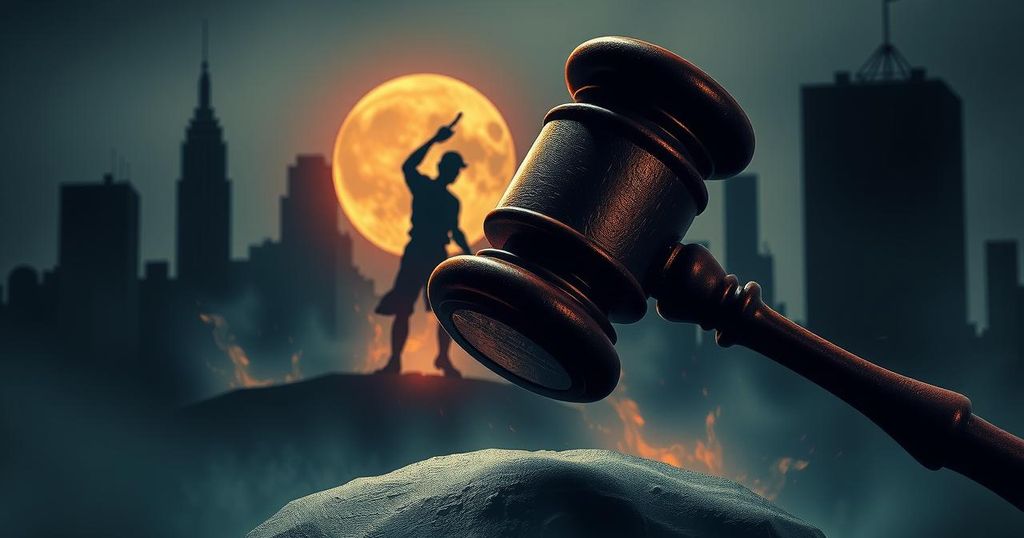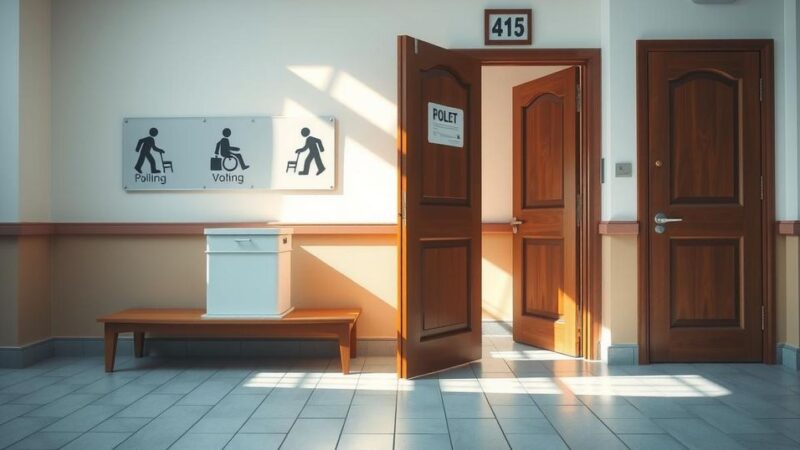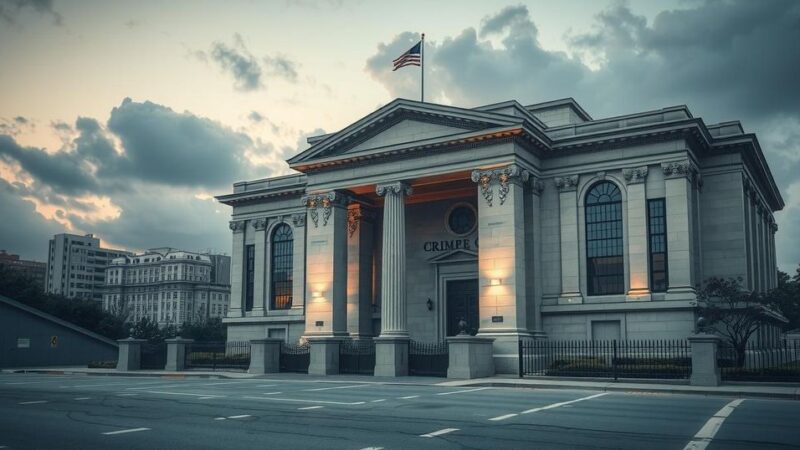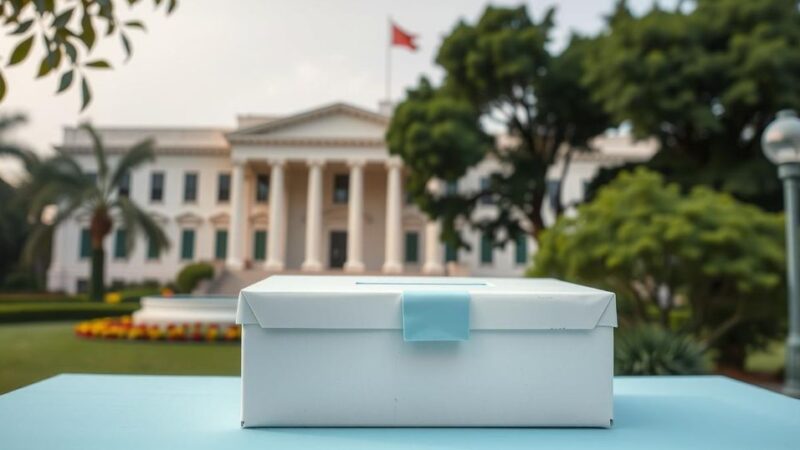President Daniel Noboa, seeking re-election in Ecuador, faces high crime rates and governance challenges amid a strong approval rating. His tough measures against crime have drawn both support and criticism, particularly regarding human rights violations. As he engages younger voters, the effectiveness of his policies will be crucial to his political future.
As President Daniel Noboa seeks re-election, Ecuador grapples with serious challenges. Under his 14-month presidency, the nation has faced daily blackouts, violent prison riots, and diplomatic tensions with Mexico. Despite the turmoil, Noboa enjoys a strong approval rating above 50%, attributed largely to his tough stance on crime. However, critics point to rising human rights concerns and controversies surrounding his governance.
Noboa, at 37, entered the presidency under unique circumstances following the dissolution of the government by his predecessor. His election was unexpected, as he was considered a dark horse amid seasoned competitors. Nonetheless, Noboa successfully built a coalition and defeated prominent left-wing rival Luisa Gonzalez in a run-off election, becoming the youngest president in Ecuador’s history. Despite his initial victory, experts note his operational inexperience.
Facing a skyrocketing crime rate and a struggling economy, Noboa has adopted an iron-fisted approach to combating violence, a decision partly influenced by the public’s response to high-profile violent incidents. His measures, however, have prompted concern over potential abuses by security forces, particularly as extrajudicial actions come under scrutiny. Various incidents highlight the ongoing security crisis, including the assassination of a rival candidate and gang-related violence.
Noboa’s efforts to address crime have led to measures such as declaring states of emergency and calling for increased military involvement in policing. Despite a reported decrease in homicide rates, critics argue that the data remain alarmingly high. The situation worsened recently, marking the most violent month in Ecuador’s history, which raises questions about the effectiveness of the current strategies.
In the midst of growing unrest, Noboa has faced challenges regarding his legitimacy and governance style. His controversial decisions, including ignoring constitutional requirements for re-election, drew criticism from various sectors. Civil rights groups have accused Noboa of authoritarianism, stating that his administration has created a culture of fear and suppression. Noboa has continued to frame his re-election campaign around opposition to the traditional politics of Ecuador.
Despite public discontent, Noboa maintains a connection with younger voters, who represent a significant portion of the electorate. His informal campaign style resonates well, particularly with voters under 28. However, experts caution that his youthful charisma may not suffice to sustain popularity without delivering tangible solutions to Ecuador’s pressing issues. Success in securing a full term could mean increased scrutiny and diminished leeway from the electorate.
Daniel Noboa ascended to the presidency during a tumultuous period in Ecuador’s history, characterized by rising crime rates and severe economic challenges. His administration has been marked by significant events, including widespread blackouts, violent riots in prisons, and controversies surrounding human rights abuses. As he campaigns for re-election, Noboa’s handling of these crises has shaped public perception and influenced his approval ratings despite widespread criticism and competing candidates.
In summary, President Daniel Noboa’s quest for re-election occurs against a backdrop of substantial national strife, particularly concerning crime and governance. While his tough measures have garnered him support, underlying issues of human rights abuses and political maneuvering signal potential vulnerabilities. As he connects with younger voters, the effectiveness of his administration in addressing critical challenges will be pivotal in determining his future in Ecuadorian politics.
Original Source: www.aljazeera.com






